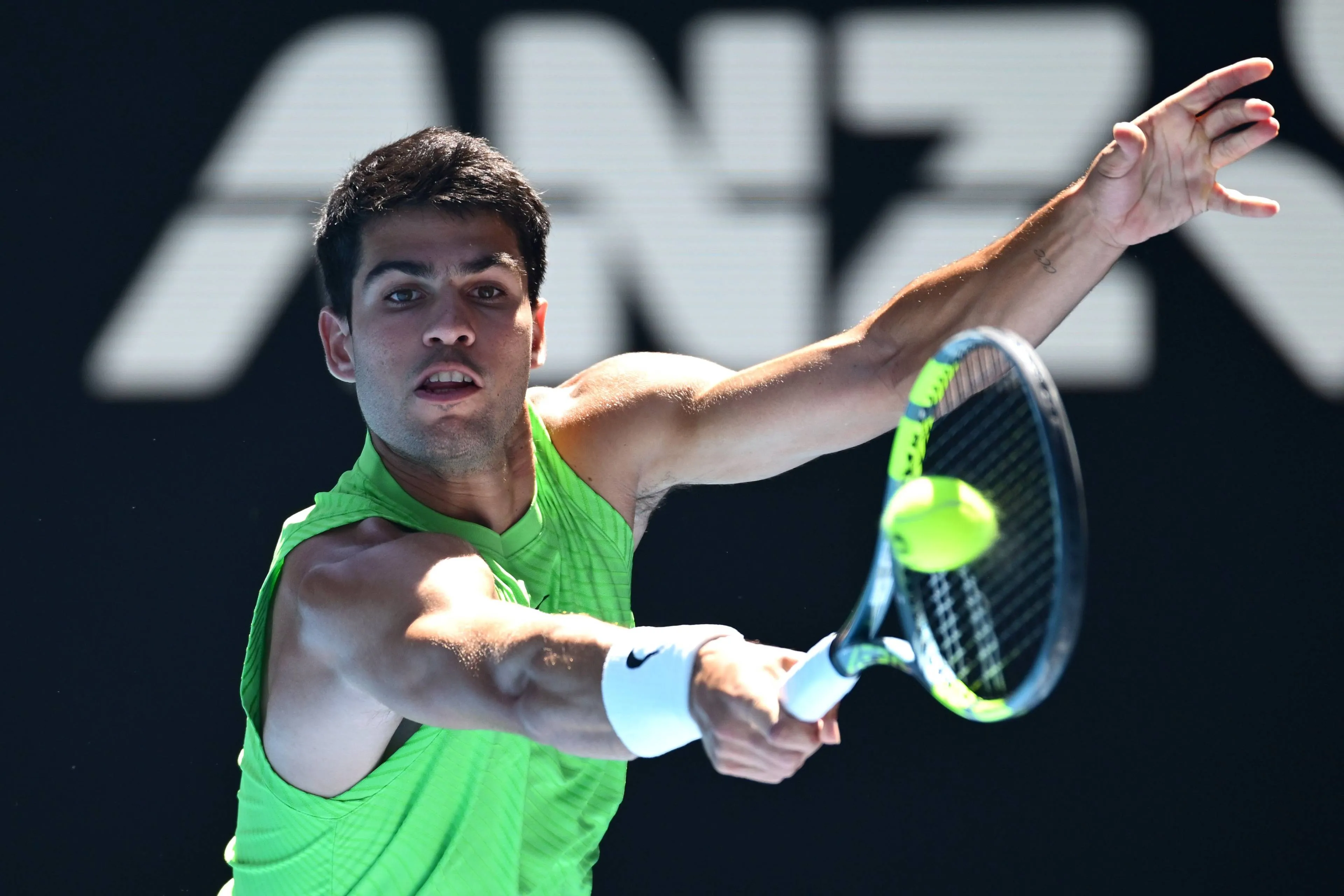Sinner's Doping Case 'Handled Differently From 99% Of Other Athletes' Says Olympic Champion
NewsTuesday, 15 April 2025 at 00:00

Jannik Sinner's treatment during his doping case has been questioned by Olympic gold medalist Federica Pellegrini, who thinks most others did not have their cases handled in the same way.
Sinner's saga received a polarized reaction since his positive tests for clostebol at the 2024 Indian Wells Open were made public knowledge in August, a few days before the 2024 US Open. Many were unhappy about the case's handling.
The ATP world No. 1 was accidentally contaminated by his physiotherapist at the time, Giacomo Naldi, after he had used a product containing the prohibited substance before giving Sinner massages.
The International Tennis Integrity Agency cleared Sinner of wrongdoing, but the World Anti-Doping Agency (WADA) appealed the case. Eventually, WADA decided to settle the case, and Sinner received a suspension from February 9th until May 4th.
Opinions have ranged from Sinner not deserving any ban because his team members were entirely responsible for the mistake to a lengthier suspension being warranted for testing positive multiple times.
Former swimmer Pellegrini spoke about the case to La Repubblica. Although she does not mind her compatriot being defended because he is loved by many, Pellegrini thinks the concept of strict team liability was not used as it has been in other cases.
"Jannik is well-liked and is therefore defended in every way, no matter what, and I think that’s fair. However, I believe his case was handled differently from 99% of other athletes. The complexity of an athlete’s life is constantly subject to doping controls, 12 months a year."
"It’s important to explain how it works to fully understand what’s behind the Sinner case. The discussion also touches on strict team liability, an often underestimated but central concept in anti-doping regulations."
"It’s not my fault if my physio drinks a beer and knocks someone over, but it becomes my responsibility if he uses cream on me and I test positive. This isn’t the case with Sinner, which is strange. It applies to all athletes. So why should this case be handled differently?"
Read also
It can be argued that Sinner paid the price for his team's actions by being handed a suspension that is still not complete, but it could have been worse. A 1-2 year ban was possible until the settlement.
Travis Tygart, head of the US Anti-Doping Agency and a crucial figure in getting Lance Armstrong suspended, interpreted the case differently to Pellegrini and thinks the no-fault ruling of the International Tennis Integrity Agency was correct and WADA should not have stepped in.
It has now been almost eight months since Sinner's case went public. Although the case is settled, it continues to be in the headlines because of its status as one of the most shocking tennis stories in recent years.
Iga Swiatek also tested positive for a banned substance last year. Melatonin tablets she purchased from a drug company were contaminated with trimetazidine, and she received a one-month ban, most of which she had already served provisionally.
While Sinner's case caused division, Swiatek's getting a ban of any length seemed harsh since all she did was purchase a legal product. The fault clearly lies with the company that contaminated the tablets.
Read also
Loading








